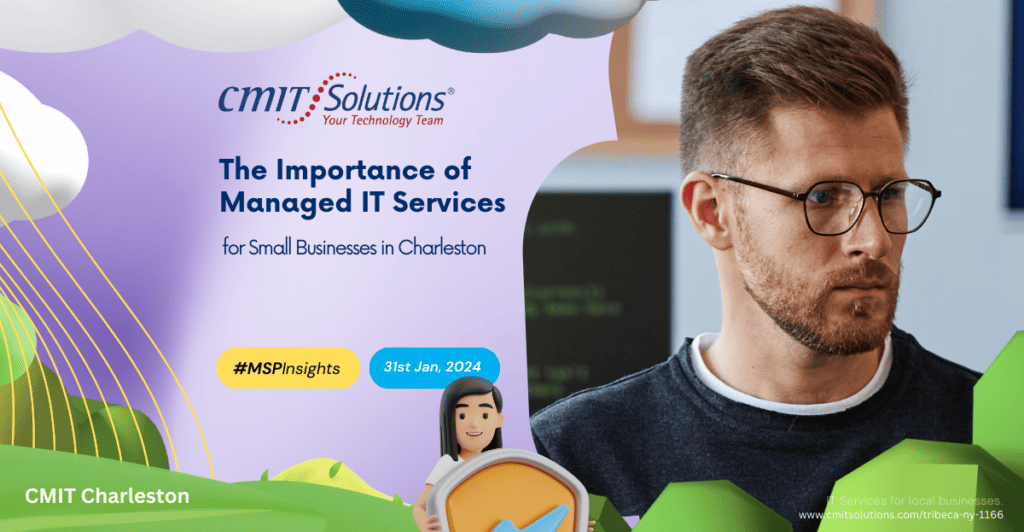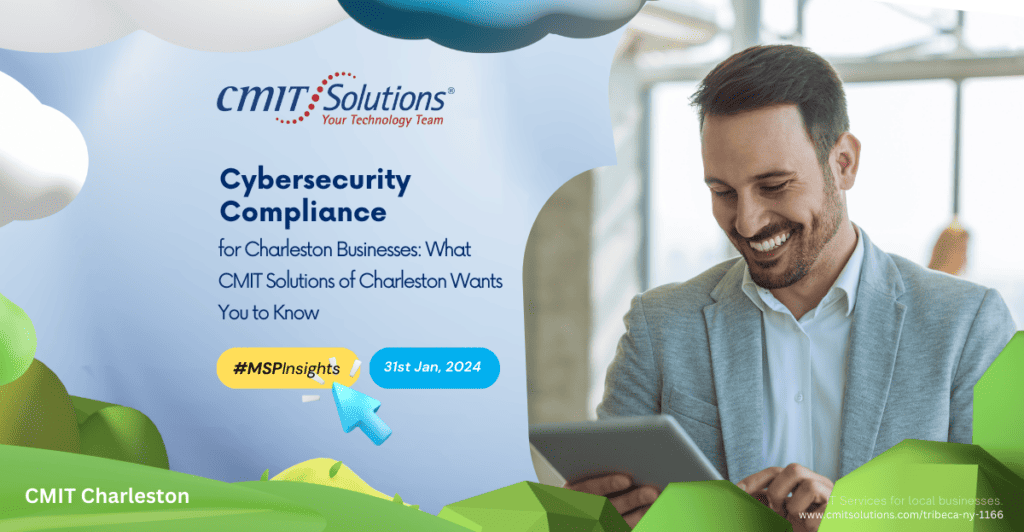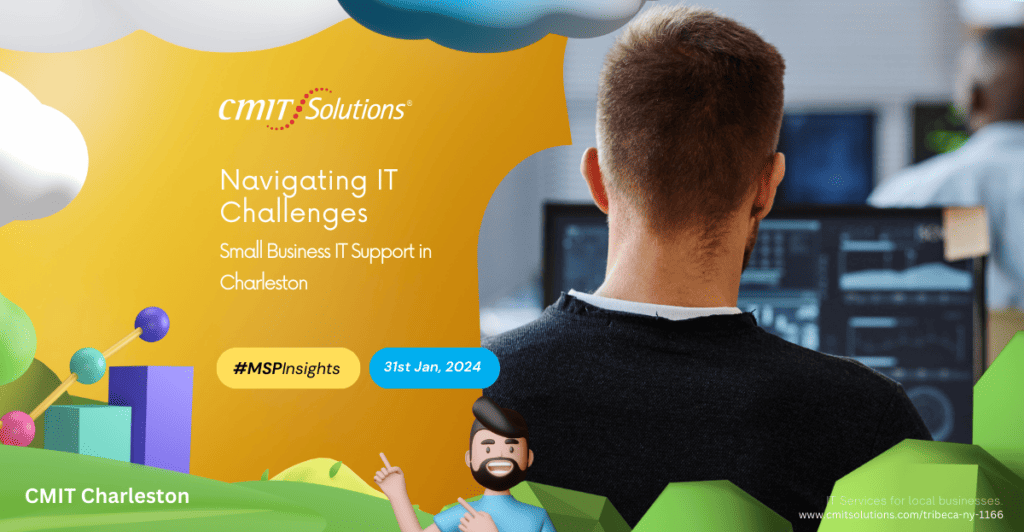In today’s digital-first world, cybersecurity is no longer a choice but a necessity. For businesses engaged with government contracts, the stakes are even higher. The Cybersecurity Maturity Model Certification (CMMC) is a transformative framework introduced by the Department of Defense (DoD) to ensure that sensitive data is protected across its supply chain. Here’s a comprehensive guide to understanding and navigating the CMMC landscape.
Defining the Role of a Government Contractor
Government contractors provide critical services and goods to public sector agencies, ranging from technology solutions and infrastructure development to consulting services and even day-to-day supplies. With their integral role in national operations, government contractors must meet stringent cybersecurity requirements to ensure the confidentiality of sensitive data.
Learn more about secure data management in enhancing productivity for Charleston businesses.
Breaking Down CMMC
The Cybersecurity Maturity Model Certification standardizes cybersecurity practices across contractors working with the DoD. It shifts the responsibility from self-attestation to third-party certification, ensuring more robust and verifiable compliance.
Dive into more proactive measures for security in building a robust cybersecurity strategy.
Why CMMC Is Critical
- Protecting Sensitive Data
CMMC safeguards Controlled Unclassified Information (CUI) and ensures it does not fall into the wrong hands. This level of protection is vital for national security. - Streamlining Compliance
The framework simplifies cybersecurity protocols by standardizing requirements, ensuring contractors understand and meet expectations. - Bolstering National Security
By fortifying the defense supply chain, CMMC mitigates risks posed by cyber threats targeting critical systems.
Explore the evolving threats landscape in cybersecurity for small businesses.
The Five Levels of CMMC Certification
Level 1: Basic Cyber Hygiene
Focus: Safeguarding Federal Contract Information (FCI).
Practices include basic measures like strong passwords, antivirus use, and routine system updates.
Check out more endpoint protection tips in best practices for resilient businesses.
Level 2: Intermediate Cyber Hygiene
Focus: Documented processes for protecting CUI.
Practices include access control, configuration management, and regular security training.
Learn how to structure training programs effectively in cybersecurity training for employees.
Level 3: Good Cyber Hygiene
Focus: Establishing a comprehensive cybersecurity program.
Key practices include continuous monitoring, data encryption, and incident response plans.
Discover more about managing incidents in preparing for cybersecurity emergencies.
Level 4: Proactive Security Measures
Focus: Defending against advanced persistent threats (APTs).
Advanced practices like threat hunting and real-time responses are critical at this level.
For proactive IT measures, visit proactive IT support for success.
Level 5: Advanced and Progressive Practices
Focus: Continuous optimization and adaptation of security practices.
This level requires cutting-edge threat intelligence, adaptive controls, and constant assessment.
Learn about securing networks effectively in network infrastructure best practices.
Preparing for CMMC Certification
- Conducting Gap Analysis
Assess your current cybersecurity posture against CMMC requirements to identify gaps. - Implementing Necessary Changes
Develop and document policies, implement advanced practices, and educate employees on cybersecurity essentials. - Engaging a Third-Party Assessor
Work with an accredited C3PAO to undergo formal evaluation and address any deficiencies before final certification.
Learn more about aligning IT efforts with compliance in navigating IT compliance.
Leveraging IT Support for CMMC Readiness
Navigating CMMC requirements can be challenging without the right expertise. Engaging IT support providers helps streamline processes, ensuring robust security practices and compliance.
For SMBs, managed services provide a cost-effective way to align cybersecurity with operational goals. Read more about their benefits in maximizing efficiency with managed services.
Future Trends in Cybersecurity and Compliance
As threats evolve, compliance frameworks like CMMC will continue to advance. Organizations should anticipate these changes by:
- Adopting AI for Threat Analysis
Automation can help businesses analyze and mitigate risks faster. - Strengthening Cloud Security
Cloud adoption requires robust measures to protect sensitive information. - Investing in Employee Training
A well-informed workforce is critical to defending against evolving threats.
For insights into managing cloud security, check out cloud solutions balancing flexibility and security.
Conclusion
The CMMC framework is more than a compliance requirement—it’s a vital tool for protecting sensitive information and enhancing national security. By understanding its levels, preparing effectively, and leveraging IT expertise, businesses can ensure compliance while strengthening their cybersecurity defenses.
Ready to navigate the CMMC certification landscape? Explore how proactive IT strategies can streamline the process in local IT support advantages.





